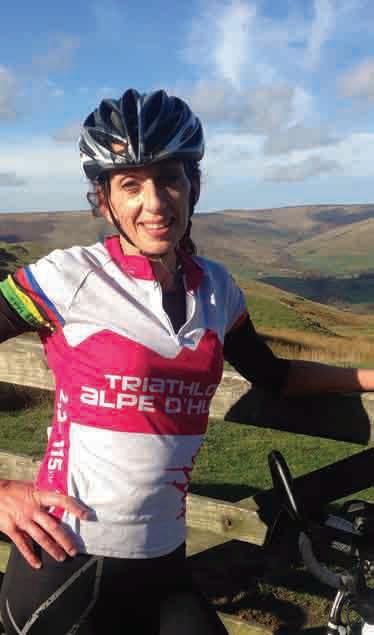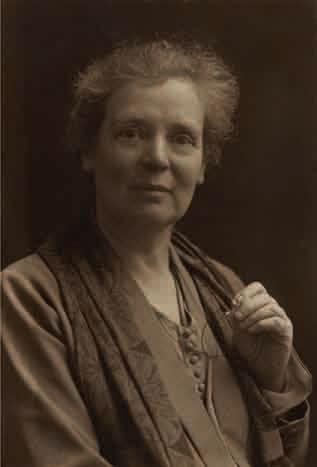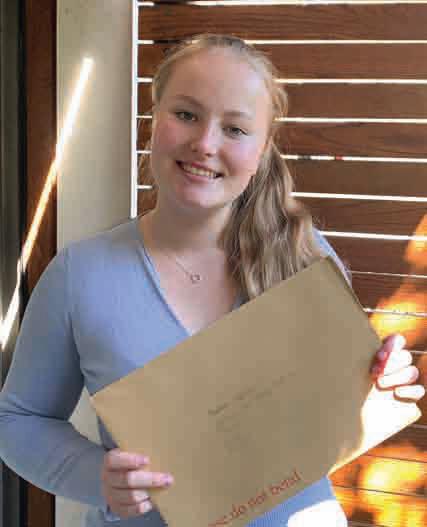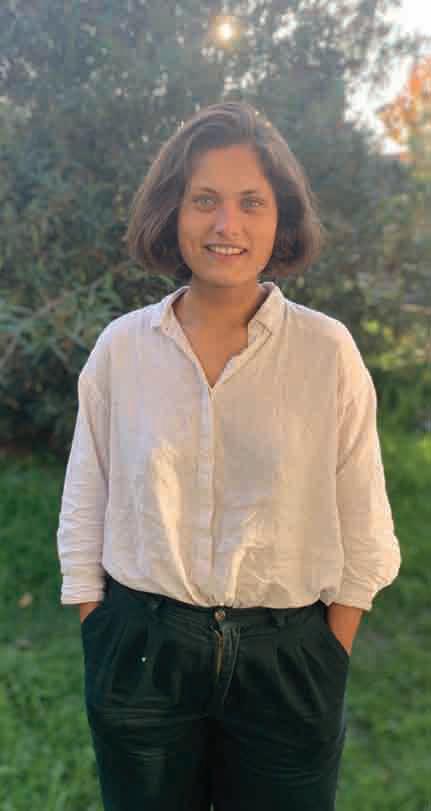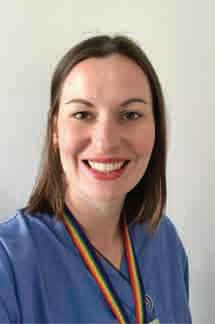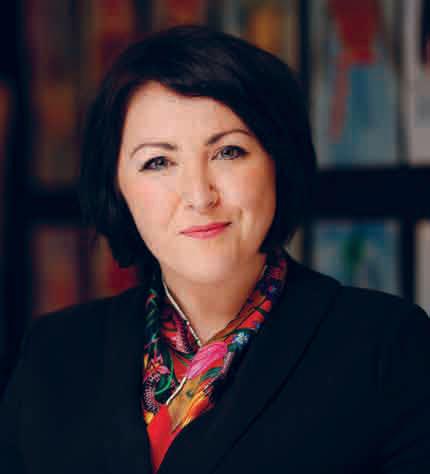
5 minute read
Career changers
Meet the Career Changers
Advertisement
Interview by Mrs Alexandra Horner, Queen’s Director of Communications and Development.
Many people switch to a teaching career later in life, a¢er successful first careers. Our teachers at Queen’s are no exception. During lockdown I caught up with two of our teachers who had particularly interesting former careers: Mrs Josie Baker (Teacher in Charge of Economics and Editor of Queen’s Today) and Ms Cathy Rogers (Head of Geography).
What was your first career?
JB: My first job after university was working at Clonter Opera Farm – which, with my marketing hat on, I swiftly rebranded as Clonter Opera Theatre (as putting ‘Opera’ and ‘Farm’ together creates massive cognitive dissonance). It was the perfect graduate job as I got to do everything from counselling weeping opera singers, to interim stage management, to unblocking the toilets. I gathered some fantastic material for my novel (as yet unpublished, with names changed to protect the guilty!) More seriously, this experience got me started on a successful career in arts management. Mrs Baker trying her hand at page turning, circa 1998 CR: My first ‘proper’ job was running a health promotion programme for my local Health Authority, on a double decker bus. Sadly, I didn’t get to actually drive the bus, but we did tour all around the North West visiting lots of workplaces to measure people’s fitness, test their blood pressure etc. This was the 1980s, before the whole health and fitness movement took off, so this bus was really ahead of its time. I then continued my public sector career by getting a job as an Inspector for the Health & Safety Executive. There were only a few female Health & Safety Inspectors then in the whole country and it was a pretty eye-opening experience. Later on, I also qualified as a personal trainer and enjoyed running sports and spin classes; perhaps a throwback to that double-decker bus!
What was the highlight of your career before teaching?
JB: My happiest memories from working in the arts are definitely the opening nights. You’ve been working so hard (in my case always behind the scenes) to get things organised, but it is such an great feeling when you see it all come together and the curtain comes up. I really feel for those working in the arts right now, as the impact of the Coronavirus pandemic on that sector is so profound. I do hope we will all get to experience some more opening nights in theatres and concerts halls in London soon.
CR: When I was a Health & Safety Inspector, I was responsible for Blackpool Pleasure Beach. The guys who owned the ‘Big Dipper’ invited me to join them on a walk up and down all the dips of this giant roller coaster, to check it was safe. I think that – as I was a young woman of only 23 in a very male dominated profession – they were probably trying to ‘dare’ me to see if I was brave enough. But it was an amazing experience and I must be one of only a handful of people
who’ve ever had the chance to ‘walk the Big Dipper’!
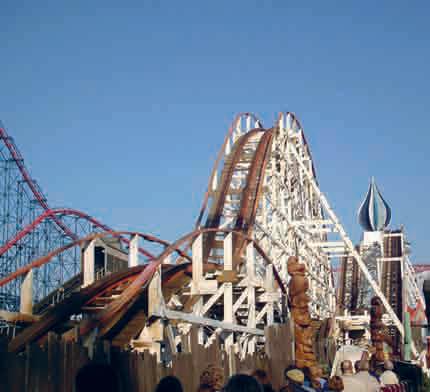
JB: I think my worst moment was sitting in the Royal Festival Hall and suddenly realising I had made a mistake in the programme, which over a thousand people were currently reading. I had managed to make a composer live for over 150 years (as I’d got the 16th and 17th centuries mixed up). Luckily not many people noticed, but it taught me a huge lesson about attention to detail - I never want to experience that ‘sinking feeling’ again. This is why I’m always such a stickler for typos when I edit Queen’s Today!
CR: On my very first day as a Health & Safety Inspector I was sent to a factory where there had been a fatality. A young factory worker had been dragged into a high-speed machine and, appallingly, the largest remaining part of him was his thumb. It’s hard to think of a more harrowing first day at a job than having to investigate this tragic accident, but it actually became a bit of a landmark legal case, so I was lucky to get to work on it.
JB: Crikey, that really puts my typo in the programme into perspective...
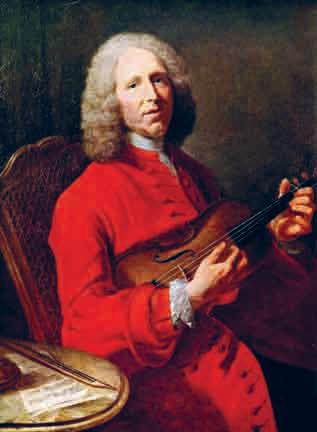
JB: While I have always been fascinated by Economics, the late 1990s and early 2000s were quite a boring time, with Gordon Brown ‘abolishing’ the boom and bust cycle. Then this huge crisis happened, and we saw banks like Lehman Brothers collapse. Suddenly the study of Economics seemed important again. The second factor was more random; I got off a bus around this time to find a Year 7 pupil close to tears, as he was lost. I talked to him about his school as I walked him to the station (having established that he knew how to get home from there). That chance conversation had a big impact; I realised I’d enjoyed talking to the boy and helping him. From my very first day as a teacher I’ve loved it – both my pupils and colleagues are so interesting, and I learn so much every day.
CR: When I was working for the HSE, the civil service was quite an inflexible and old-fashioned place to work. It’s very different now, but then they would simply inform you that your job was moving to the other end of the country; you’d have no say in the matter. I wanted more flexibility and autonomy over my life. The other reason was really my love of Geography. I’d had an exceptional Geography A-level teacher and I wanted to share with others the love of the subject that he’d inspired in me. Now, as Head of Geography at Queen’s, I’m so lucky – I get to ‘nerd out’ over rocks for a living!
Ms Rogers enjoying the geology of the French Alps.
Rameau did live a long time (81 years) but not quite as long as it claimed in the programme
